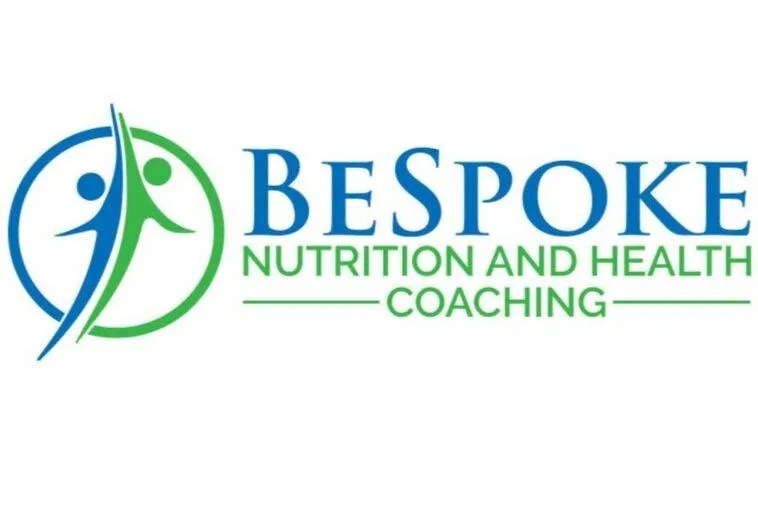
Spreading the Word: Women and Cardiovascular Disease
I recently met Adele*, a vivacious 78-year young woman who continues to work, own her own business, travel extensively and leads a full life as if she was still in her 50’s. We got to talking one day and she told me that just a few short months ago she had had a heart attack. Not just any heart attack, but a widow maker heart attack. A widowmaker heart attack has a very scary sounding name because it happens when you have a blockage in the largest artery in your heart. The left anterior descending (LAD) artery provides 50% of your heart muscle’s blood supply. The American Heart Association shows that only 12% of people suffering from this kind of heart attack survive. Adele, got very lucky and was treated in time.
She was at a conference in Fort Lauderdale and in her own words, she had started “retching”. Between bouts she told her friend, with whom she was sharing a hotel room, that she must have had too much to drink, or ate something that didn’t agree with her. She also mentioned that the same thing had happened the previous week. Adele’s friend did not think this was normal and called 911.
In a matter of minutes paramedics arrived and found nothing amiss. They asked Adele if she wanted to go to the hospital. Adele, like many women who give and do things constantly for others, was convinced she was fine and making a fuss over nothing. Her friend disagreed. Fortunately Adele listened to her friend and she went in the ambulance to a very nearby hospital, where they were waiting for her arrival.
Why is all of this important? Because time is of an essence when dealing with a widowmaker heart attack. A widowmaker heart attack is immediately life-threatening. Adele was in the midst of having one of the most deadly heart attacks with very little warning. She had no chest pain. No discomfort. No arm pain. No jaw pain. Just retching.
“Courtney, you have to share this! You have to share my story. My doctor never told me I was at risk. I had absolutely no pain, no symptoms at all, except for the retching. You have to get the word out. Especially to women.”
Signs of a heart attack usually include chest pain or discomfort. Shortness of breath. Pain or discomfort in the jaw, neck, back or shoulder. Cold sweats may also accompany other signs. Usually, men might have feelings of being light headed, nauseous or feel unusually tired as signs of a heart attack. But retching?
Adele’s story of retching, or thinking she must have eaten something that was affecting her, is not the first time a client has described this symptom of their heart attack. Food poisoning-like symptoms several days before suddenly feeling fatigued and short of breath was another story I have heard.
Adele asked me to share her story, especially with women who might not know their risk for a heart attack. Pre-menopausal women are believed to be somewhat protected from heart disease due to estrogen, when compared to age-matched males. After menopause, as estrogen declines, usually by the age of 65 years old, a woman’s risk of developing heart disease is equal to a man’s. Many still believe that cardiovascular disease (CVD) is a man’s disease, but CVD is the number one killer of women over the age of 25 years old. After the age of 50 (about the average age for menopause), a woman’s risk increases.
The importance of managing additional risks for heart disease is equally important. These risk factors can increase the likelihood of CVD:
· Diabetes
· Smoking
· High blood pressure
· Elevated LDL (low density lipoproteins – or non-beneficial) cholesterol
· Low HDL (high density lipoproteins – or beneficial) cholesterol
· Obesity
· Sedentary lifestyle
· Family history of heart disease
Adele was no stranger to annual check-ups and bloodwork. Out of all the blood work Adele had gone through with her doctor months before, nothing indicated an issue – or enough of an issue to warrant a warning from her doctor. Her cardiologist told her, bloodwork isn’t always significant for a widowmaker. There’s one test which would have shown an issue, and that was a stress test. Adele said she hadn’t had one in over 10 years and just didn’t know how important it could be. But now she does and wants to spread the word.
Fortunately, Adele’s story ends with a happy ending. She goes to her cardio rehab three times a week. She is enjoying learning about heart healthy meals and how to live a healthier lifestyle. She’s implementing healthy strategies so that she can continue to enjoy her busy life and grandchildren.
*I have Adele’s permission to use her real name. Her desire to share her story and tell others, especially women, is strong.
Copyright © 2025 BeSpoke Nutrition and Health Coaching
